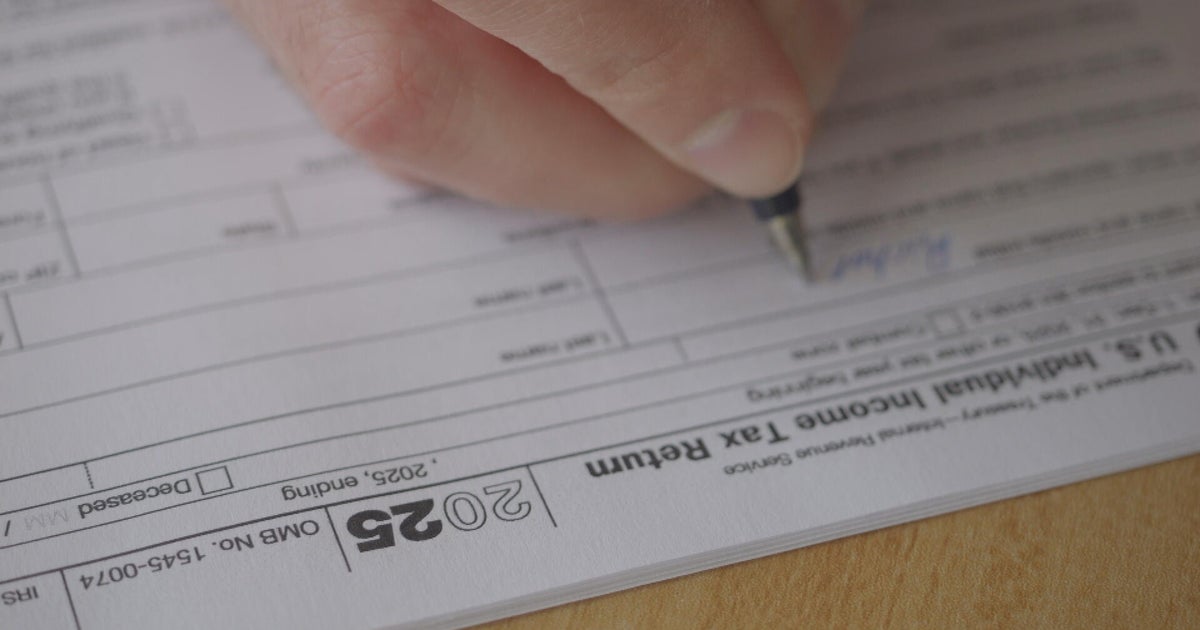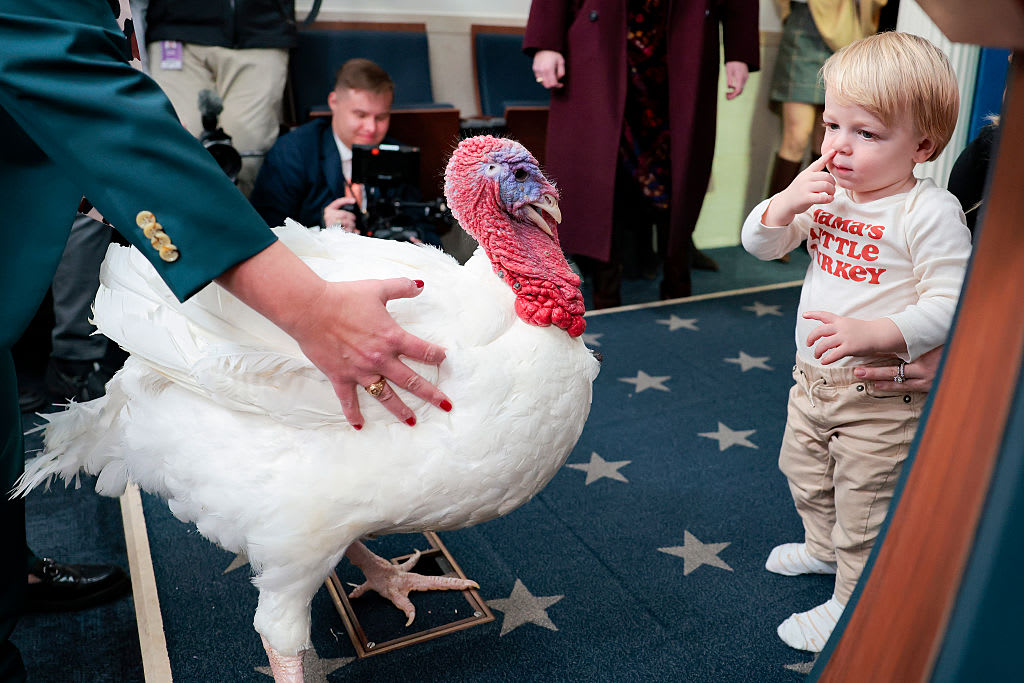Pet insurance mistakes to avoid, according to veterinarians
Being a pet parent can be a lot of fun but it also comes with a lot of responsibility. And taking good care of your furry friend can get expensive, especially if they get sick or injured. One way to manage this financial risk is to get pet insurance. Similar to human health insurance, pet insurance can be used to reimburse you for vet bills and sometimes other forms of care.
However, there are many nuances to pet insurance, which can make it easy to make mistakes, starting from picking a pet insurance policy, to managing claims, to renewing your pet insurance.
Below, three veterinarians share their top pet insurance tips to help you avoid pet insurance mistakes. If you're in the market for pet insurance then start by getting a free price quote here so you know what to expect.
Pet insurance mistakes to avoid, according to veterinarians
If you're looking to get the most out of a potential pet insurance policy then veterinarians recommend avoid these seven mistakes.
Taking too long to get a policy
The longer you wait to get pet insurance, the more it typically costs.
"Probably the biggest mistake we see is pet parents that delay getting insurance or just don't consider it at all. We recommend it at the first visit of each and every pup and kitten, but often it is put on the back burner until something happens," says Dr. Matthew McCarthy, veterinarian at Juniper Valley Animal Hospital in New York.
Yet if something happens to your pet, that could create a pre-existing condition that's then not covered when you get pet insurance, he explains.
"What's more, many insurance companies have a waiting period before you are eligible to make a claim for your pet, so if you wait to start looking for coverage until after even your first vet visit, you could be caught with existing conditions that are not covered," adds Dr. Katy Nelson, senior veterinarian at Chewy.
Get a free pet insurance quote in 30 seconds here now.
Only looking at premiums
Another pet insurance mistake is only looking at the monthly or yearly cost of pet insurance premiums, without taking into account the scope of coverage and other factors. It's possible that you'd save money on premiums with some plans but spend more out of pocket due to coverage limitations.
"There are plans that fit every budget and pet—the choices are many—but don't make decisions based solely on price as you may find the lower cost plan may not cover common issues that your pet may develop," says Dr. McCarthy.
Pet parents should compare the details of different policies to see what works best holistically.
"Each policy has its own coverage limits, exclusions, waiting periods, and deductibles. Take the time to understand the specifics of each policy and choose the one that best suits your pet's needs," says Dr. Zay Satchu, chief veterinary officer at Bond Vet in New York.
Assuming everything is covered
You might think pet insurance covers any accident or illness, but that's not necessarily true. It depends on the plan.
"After the insurance company has reviewed your pet's medical history, it is important to make sure you are clear on what they may cover and what they may not in the future," says Dr. Nelson.
In addition to seeing whether your pet insurance policy has exclusions or limitations, such as for hereditary conditions, make sure you're clear on any waiting periods too, where coverage might not kick in right away, adds Dr. Satchu.
Not disclosing pre-existing conditions
Honesty is the best policy. By being upfront about any pre-existing conditions, you can avoid more challenges down the road, even if it doesn't feel helpful at the time.
"It is crucial to provide accurate information about your pet's health history when applying for insurance. Failing to disclose pre-existing conditions can result in claim denials or even policy cancellation," says Dr. Satchu.
Not asking questions
Don't be shy when it comes to pet insurance. Ask your insurer and vet any questions you may have to make sure you're looking out for both your wallet and your pet's health.
"Failure to ask questions will cause frustration and confusion. It is important to ask any and all questions that you may have about your pet's insurance coverage especially if you have pets who may be predisposed to a breed-specific illness or if a pet already had a chronic illness prior to the purchase of insurance," says Dr. Nelson.
Check pet insurance prices and policies here now to see what your pet is eligible to receive.
Skipping Appeals
Not only do you want to ask questions about your policy terms, but you also want to dig into any issues with claims. Sometimes, claims get denied, but you may be able to successfully file an appeal that gets you reimbursed.
"When a submitted claim is denied, don't assume it's accurate," says Dr. McCarthy. "Every insurance company has an appeal process that you can use; ask your veterinary team to review and advocate on your behalf as well."
Zoning out on renewals
Once you have a pet insurance policy, don't assume that you have to or necessarily should stick with that same plan forever.
"Pet insurance policies can change over time, including coverage limits, premiums, and exclusions. Make it a habit to review your policy annually to ensure it still meets your needs. If necessary, consider switching to a different provider or policy that offers better coverage," advises Dr. Satchu.
Moreover, make sure you're staying on top of pet insurance costs. It's not enough to start the policy. Make sure you budget for ongoing premium payments so you can avoid lapses in coverage, she adds.
Find what works for you and your pet
By following this pet insurance advice, you can potentially avoid some common pet insurance pitfalls and get high-quality coverage for your pet.
Shop around to see what works for you, and don't forget to ask questions and dig into the details when choosing a policy. Doing so can help you gain comfort while reducing your risk of having large, unreimbursed vet bills.
"Don't worry you'll regret it, worry about regretting not having it. I've never heard someone say they regretted having insurance. When an unforeseen event occurs, I've only heard pet parents talk about how glad they were that they invested in insurance," says Dr. Nelson.




